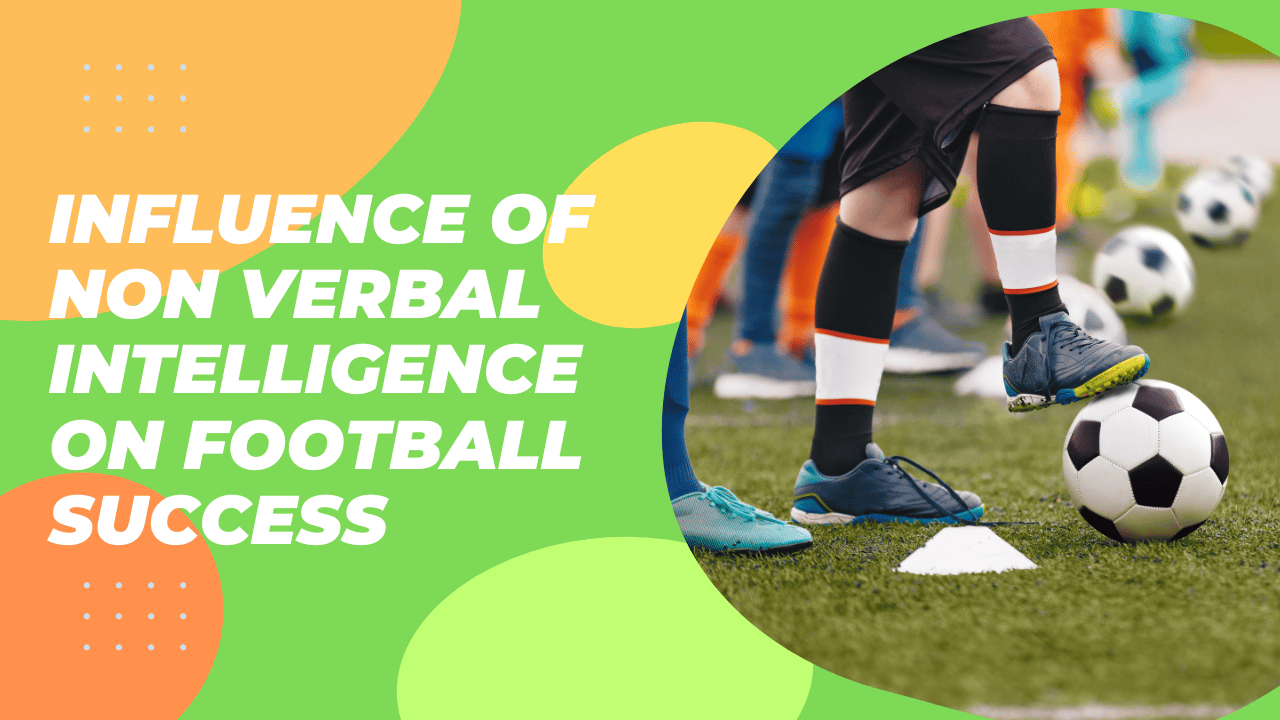In the world of football, success is often attributed to physical fitness, technical skills, and strategic understanding of the game. However, another crucial but less discussed factor contributing to a player’s success is non-verbal intelligence. Non-verbal intelligence involves the ability to understand and interpret visual and spatial information, body language, and facial expressions without relying on words.
This article explores how non-verbal intelligence significantly influences football success, highlighting its impact on communication, decision-making, and team dynamics.
Understanding Non-Verbal Intelligence in Football
Non-verbal intelligence plays a pivotal role in football, where quick decisions and teamwork are essential. Players with high non-verbal intelligence can quickly read the game, anticipate opponents’ moves, and understand teammates’ intentions without verbal communication. This ability is crucial in a fast-paced environment where there’s little time for verbal instructions or discussions.
Key Aspects of Non-Verbal Intelligence in Football
- Spatial Awareness: Players with strong spatial awareness can better understand their position relative to the ball, teammates, and opponents. This understanding helps in making precise passes, positioning themselves defensively, and exploiting spaces in the attack.
- Body Language Interpretation: Being able to interpret opponents’ and teammates’ body language allows players to anticipate actions, such as which way an opponent will dribble or when a teammate is ready for a pass.
- Quick Decision Making: Football requires making split-second decisions. Non-verbal intelligence helps players process visual and spatial information quickly, leading to faster and more effective decision-making on the field.
- Enhanced Team Dynamics: Effective non-verbal communication strengthens team dynamics. Players who can communicate their intentions through gestures or movements contribute to a more cohesive and synchronized team performance.
Real-World Examples
Legendary players like Lionel Messi and Cristiano Ronaldo excel not just because of their physical abilities or technical skills but also due to their exceptional non-verbal intelligence. Their ability to read the game and make quick decisions often puts them steps ahead of their opponents. Similarly, successful teams are often those that communicate effectively on the pitch, understanding each other’s movements and intentions without needing to speak.
Developing Non-Verbal Intelligence in Football
Improving non-verbal intelligence involves a combination of observation, practice, and experience. Players can develop these skills by:
- Watching and Analyzing Games: Observing how top players read the game and communicate non-verbally can provide valuable insights.
- Practicing Non-Verbal Cues: Teams can practice using non-verbal signals during training to enhance on-field communication.
- Playing Experience: Regularly playing in competitive environments helps players naturally develop better spatial awareness and interpretation skills.
Conclusion
Non-verbal intelligence is a critical yet often overlooked component of football success. It enhances a player’s ability to make quick decisions, understand the game deeply, and communicate effectively with teammates. By recognizing and developing non-verbal intelligence, players and coaches can unlock new levels of performance, making the beautiful game even more dynamic and strategic.

